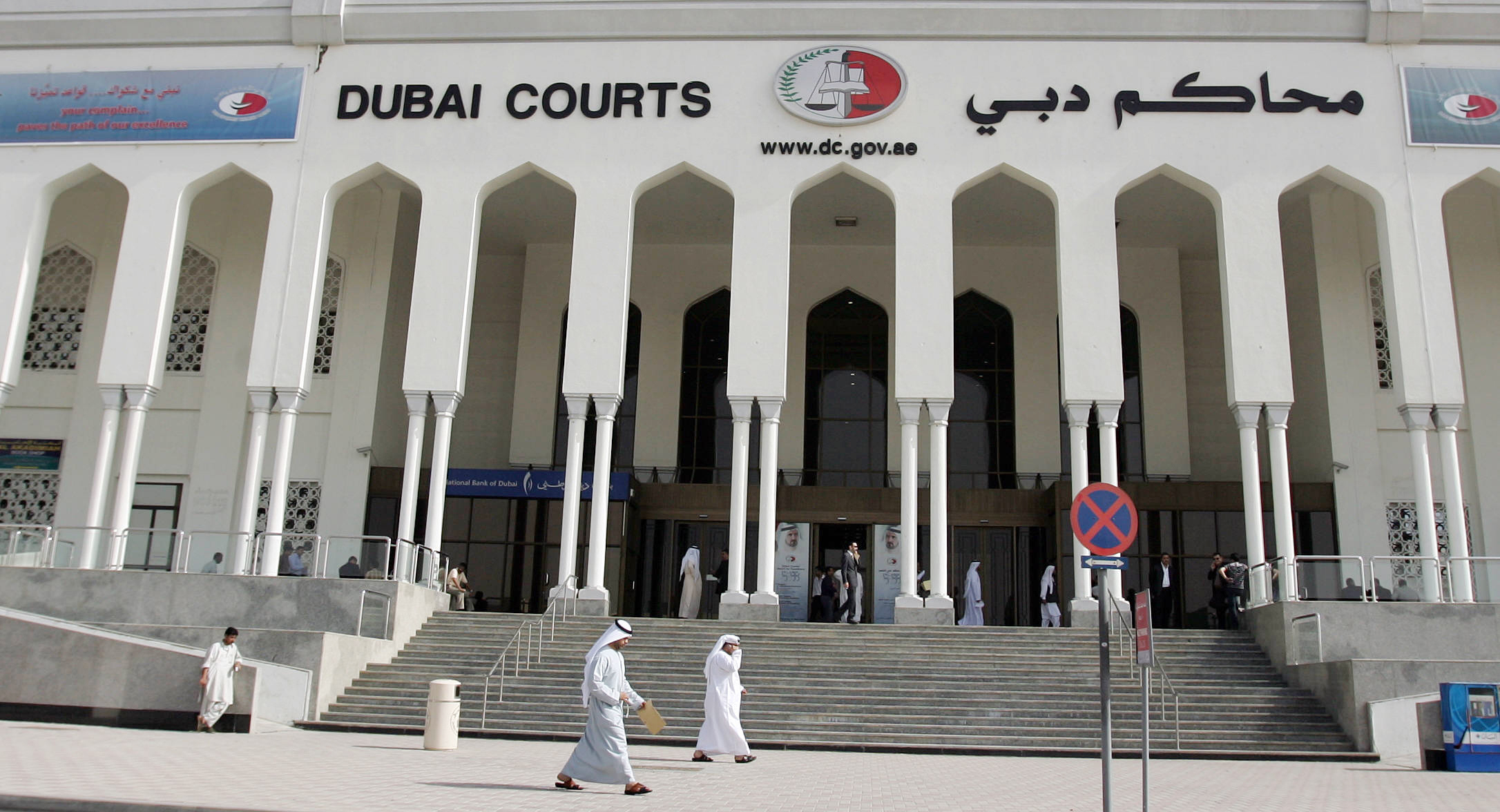UAE prosecutors confirmed in writing to South African authorities that the bundle of extradition documents was complete and correct, according to multiple legal and official sources canvassed by Daily Maverick.
On 7 April, the UAE’s state news agency, WAM, reported that Justice Minister Abdullah bin Sultan bin Awad Al Nuaimi said the bundle was defective and contained a cancelled arrest warrant. (The complete UAE statement is here.) He said the Gupta case extradition conditions for fraud and corruption charges had not been met because the cancelled warrant had been attached to the legal bundle of documents.
SA’s National Prosecuting Authority (NPA) head, Shamila Batohi, said a new warrant had been issued; it was confirmed multiple times by the Dubai prosecutors who argued the case on South Africa’s behalf, said legal and political sources. They said the South African team had worked with their UAE counterparts to remove or add other documents as required.
Read more on Daily Maverick: South Africa set to démarche UAE ambassador on Guptas’ extradition judgment failure
The extradition treaty between the two countries also says that the requesting country (South Africa) will be asked if additional material is needed.
The second indictment had to be made in the name of ID head Andrea Johnson and a new warrant issued. The first had initially been signed by the DG of the Justice Department Doc Mashabane as the extradition agreement's "central authority" and the arrest warrant that went with it had to be cancelled.
A specialist lawyer says extradition law is complex, and finding the correct concurrent authorities across borders is always tricky.
“The South African National Prosecuting Authority did what they thought was best and did everything following the best advice,” he said.
There was so much riding on the case that a team of NPA, Justice and International Relations department officials travelled to Dubai last year to meet the deadline to submit a first set of extradition documents within 40 days of the Gupta arrests when the law stipulates 60 days. This left time to fix documents.
The process started when Interpol released a Red Notice against brothers Ajay and Rajesh (Tony) Gupta in February last year and was painstakingly complex.
Not only was it across jurisdictions (South Africa and the UAE), but across legal systems (the UAE practises Sharia law) and different criminal justice procedures (South Africa has an open justice system; the UAE’s is closed). South Africa’s legal language is English; the UAE’s is Arabic, so everything had to be translated — often on overnight deadlines.
The UAE also declined to extradite on money laundering charges because the court found it has similar laws and can prosecute in its courts.
“[But] international law demands that states extradite or prosecute; you can’t not extradite on the basis that you can prosecute but then don’t,” explained the lawyer. (South Africa will démarche the UAE ambassador, as reported here.)
The horse may have bolted
Justice Minister Ronald Lamola will appeal against the Dubai decision, but the horse may have bolted. The Guptas have flown their Emirates coop (either to Vanuatu, Central African Republic or Cameroon); the Interpol notices are no longer valid, so they can move with some freedom.
“Extradition is a complex and specialised process. It’s partly legal but political as well. The executive, not the prosecution or judiciary, takes the final decision to extradite or not. There are many moving parts, but the ultimate decision is political.
“The NPA accepts being held accountable if it makes mistakes and fails to deliver on its mandate. The NPA made everything required under extradition law and the relevant treaty with the UAE.
“Our teams were actively engaged with their counterparts in the UAE and we delivered everything required on time and in the correct format. We will continue doing what we can from the prosecution side to ensure that the Guptas face justice in SA. We trust that the other departments in the extradition value chain will do the same,” said Anton du Plessis, the deputy national director of public prosecutions at the NPA.
The NPA’s first State Capture judgment, in the so-called Nulane case, is on 21 April. Cathy Dlodlo reported here that the outcome might be bleak for the NPA. Gupta associate Iqbal Sharma owns Nulane.
The Gupta networks are in the dock for an allegedly illegal R24.9-million pre-feasibility study for what would later become the notorious Estina dairy farm project, where state funds were first siphoned at scale to the family.
The State’s case against the Guptas is built, in part, on prosecuting this project’s legality. The UAE decision could collapse the more significant Estina case. DM
South Africa
Dubai prosecutors confirmed in writing that the Gupta extradition documents were in order





